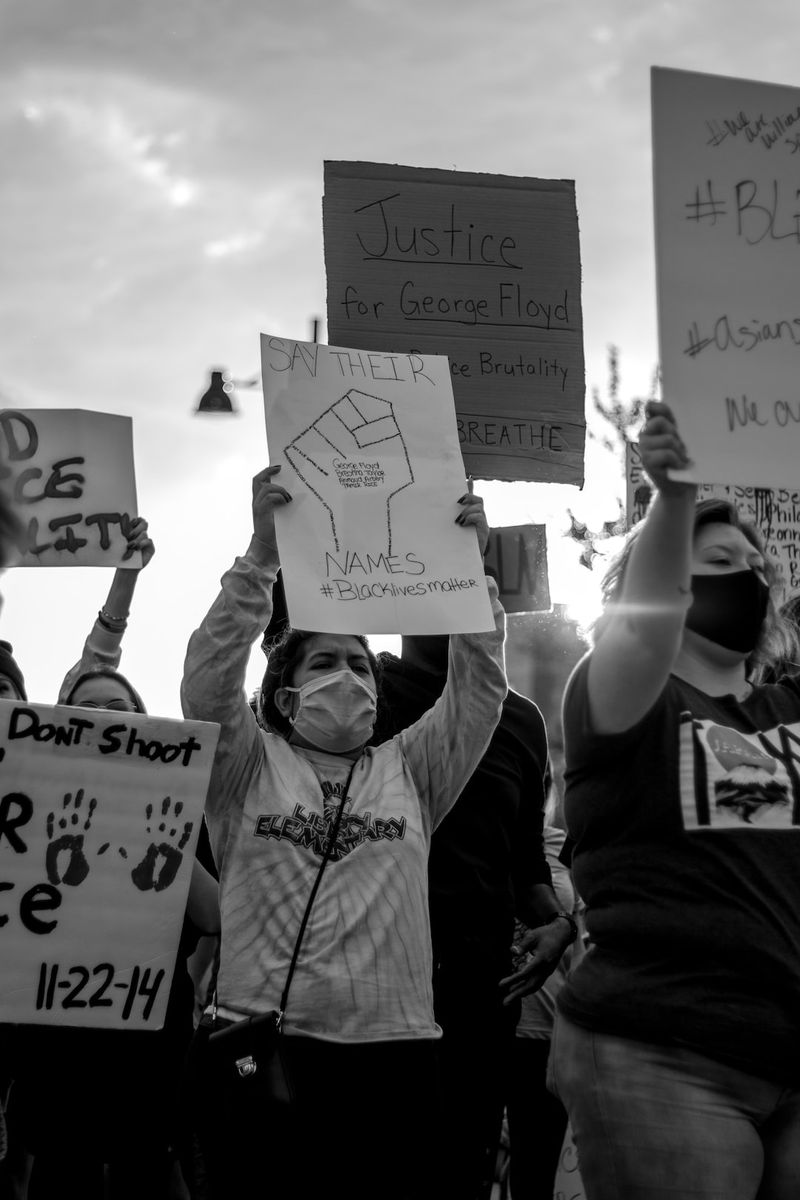Montana Becomes First State to Ban TikTok: What Are the Implications?
The social media app TikTok has been making headlines recently for its alleged connections to the Chinese government, leading some countries and states to ban its use. Montana has now become the first state to do so, with Governor Greg Gianforte signing Senate Bill 419 on Wednesday. The bill aims to protect Montana’s residents’ private information from being compromised, with the Governor suggesting that the Chinese Communist Party is a potential threat. However, the ban is not without controversy and raises important questions about privacy, security, and regulation.
The Risks of TikTok
TikTok is a popular social media app that boasts over 1 billion users worldwide. However, it has faced criticism from some quarters over its links to the Chinese government. The app is owned by Chinese tech company ByteDance, and there have been concerns that user data could be shared with the Chinese government due to national security laws in China.
While there is no direct evidence that the Chinese government has accessed TikTok user data, critics argue that the potential risks cannot be ignored. Some have suggested that banning the app is a necessary step to protect national security and individual privacy.
The Arguments Against the Ban
Despite concerns over the app, the decision to ban TikTok in Montana has faced backlash. Critics argue that the ban is an infringement on free speech and a violation of the First Amendment. The American Civil Liberties Union (ACLU) has called the ban unconstitutional, and it is expected that TikTok will challenge the bill in federal court.
Furthermore, the ban raises questions about the power of the government to regulate social media and technology companies. Some argue that the government should not have the authority to dictate which apps are allowed, while others believe that regulation is necessary to protect citizens’ privacy and security.
What Does This Mean for the Future of Social Media?
The ban on TikTok in Montana highlights the growing concern around the privacy and security of social media platforms. While the issue is not new, it has gained increased attention in recent years as more people rely on social media for communication, entertainment, and information.
The ban on TikTok in Montana is unlikely to be the last of its kind. Similar bans have already been implemented in other countries, and it is possible that other states could follow suit. The ban also raises questions about what other social media apps could be banned in the future, particularly if they are owned by foreign companies or suspected of sharing user data with governments.
Final Thoughts
The ban on TikTok in Montana is a controversial decision that highlights important debates around privacy, security, and regulation in social media. While concerns around the app’s connections to the Chinese government are valid, the ban raises questions about the government’s power to regulate social media companies and the potential infringement on free speech and individual privacy.
As social media use continues to grow, it is likely that these debates will become even more important. It will be up to lawmakers, tech companies, and users to find a balance between privacy, security, and regulation that allows for innovation and progress without compromising individual rights.

<< photo by Monstera >>
You might want to read !
- Opinion: Did America Get It Right? Recapping ‘American Idol’ Top 3 Revealed.
- New Releases: Jonas Brothers, Lil Durk & J. Cole, and Shakira Drop New Music This Week
- “Goodbye to the Original: ‘Yellowstone’ to Conclude With Season 5, Spin-Off in the Works”
- “Jenny Han Strikes Again: A Review of ‘XO, Kitty’ and the Continued Delight of ‘To All The Boys’”
- The Legacy and Impact of Sam Zell, Billionaire Real Estate Investor, Who Passed Away at 81
- The Importance of Knowing the First Delinquency Date on Your Credit Card Debt
- “Uncovering the Truth Behind Jerry Springer’s Alleged ‘Secret Children’ and Inheritance”
- The Transformation of Blake Lively: A Look at Her New Red Hair for the upcoming movie, ‘It Ends With Us’
- Phoebe Bridgers and Bo Burnham Spark Rumors of Romance at Eras Tour in Keith.
- Why Cathay Pacific’s “Mistake Fare” Debacle Highlights Challenges of Social Media Engagement: An Editorial Analysis
- The Power of Salma: How Hayek’s Dancing Skills Catapulted Her to Over 24 Million Instagram Followers
- “Ben Simmons Takes Jab at 76ers in Game 7 Loss to Celtics, Sparking Social Media Uproar”
- “The Tragic Legacy of Anna Nicole Smith: A Look at the Life and Death of Her Daughter”
- Salma Hayek’s Wardrobe Malfunction: An Overblown Distraction from a Celebration of Women in Film
- Italian Transport Minister urges to postpone Imola Formula One race
- “The Chilling Real-Life Adaptation of ‘Five Nights at Freddy’s’ Will Haunt Your Dreams”
- Exploring Britney Spears’ Turbulent Life Post-Conservatorship in Latest Documentary
- Manchester City Makes Historic Victory Over Real Madrid in Champions League Match
- “The Future of Film: Tom Hanks Envisions AI-Enabled Posthumous Performances”
- What can we expect from Kim Petras’ upcoming album, “Feed the Beast”?
“Feed the Beast”: Kim Petras’ eagerly-awaited new album is finally on the horizon
- Sam Altman urges Senate for national AI strategy and tech investment




